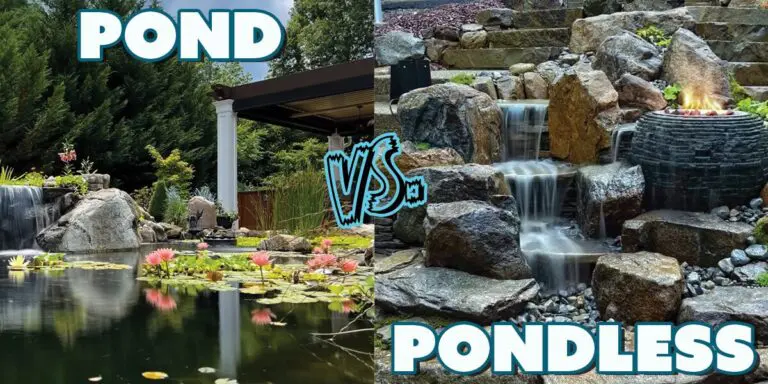
Pondless Waterfalls vs. Traditional Pond Ecosystems in New Jersey
When it comes to adding a water feature to your New Jersey property, the choice between a pondless waterfall and a waterfall that feeds into a pond ecosystem can significantly impact both the aesthetics and maintenance of your landscape. Understanding the key differences can help you make an informed decision that aligns with your lifestyle and landscaping goals.
Understanding Pondless Waterfalls
Pondless Waterfalls NJ offer a unique aesthetic and functional approach to water features. Unlike traditional ponds, pondless waterfalls recycle water through a hidden reservoir, making them an excellent choice for those seeking minimal maintenance and safety. Here are some advantages:
- Safety and Space: Without a standing body of water, pondless waterfalls eliminate the risk of accidents, making them safer for households with small children or pets. They also take up less space, which is ideal for smaller gardens.
- Lower Maintenance: Pondless waterfalls require less upkeep compared to traditional ponds. There is no need to worry about algae control or the health of fish, and cleaning the pump and reservoir is generally simpler.
- Water Conservation: They recycle water efficiently, reducing the need for frequent refills, which is particularly beneficial during drier months in New Jersey.
Traditional Pond Ecosystems
Traditional waterfalls that feed into a pond ecosystem create a dynamic landscape feature that supports a variety of aquatic life. These ecosystems are designed not just for beauty but also to create a natural habitat:
- Biodiversity: Ponds can support fish, plants, and other wildlife, contributing to local biodiversity. This can be a gratifying aspect for many homeowners who enjoy creating and maintaining a thriving aquatic ecosystem.
- Natural Beauty: A traditional pond with a waterfall offers a picturesque scene that can become the centerpiece of your garden. The sound of water flowing into the pond adds a soothing ambiance to your outdoor space.
- Engagement: For those who enjoy hands-on gardening, a traditional pond provides opportunities to engage with the ecosystem through activities like feeding fish and tending to aquatic plants.
Which Is Right for You?
Choosing between a Pondless Waterfall NJ and a traditional pond ecosystem depends on several factors including your maintenance preference, safety considerations, space availability, and personal interaction desires with your landscape.
- Consider Maintenance: If you prefer a low-maintenance solution, pondless waterfalls are likely the better choice.
- Space and Safety: Evaluate the space available and whether safety for children and pets is a concern.
- Interaction and Aesthetics: Consider how much you value interacting with a living ecosystem versus having a decorative feature.
You Decide
Whether you choose a pondless waterfall or a traditional pond ecosystem in New Jersey, each option offers unique benefits that can enhance your outdoor living space. Consider your lifestyle needs, maintenance ability, and personal preferences to select the best water feature for your home.
Whether you choose a pondless waterfall or a traditional pond ecosystem in New Jersey, each option offers unique benefits that can enhance your outdoor living space. Consider your lifestyle needs, maintenance ability, and personal preferences to select the best water feature for your home.

Founder & Master Pond Builder
Jaak Harju is the founder and master pond builder of Atlantis Water Gardens, a family-owned design and build firm specializing in natural-looking ponds, waterfalls, and ecosystem water features. Since 2000, Jaak has dedicated his career to creating outdoor environments that inspire connection with nature.
With a background in landscape design and construction, Jaak brings artistry and precision to every project. He’s known nationally for his creative stonework, ecological pond design, and educational outreach within the pond-building community. Through his work, videos, and collaborations with other Aquascape-certified contractors, Jaak has helped redefine backyard water features as sustainable, living ecosystems.